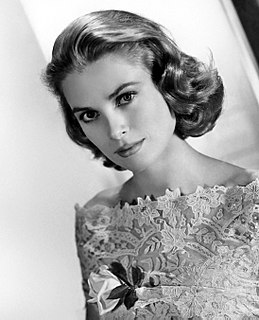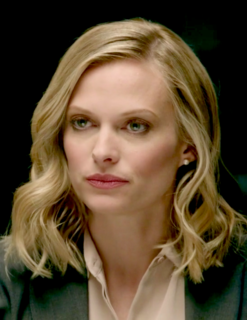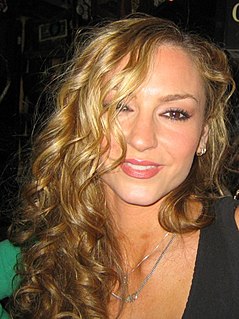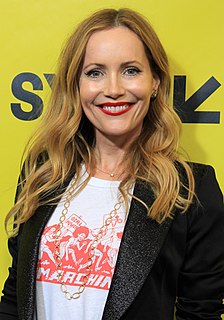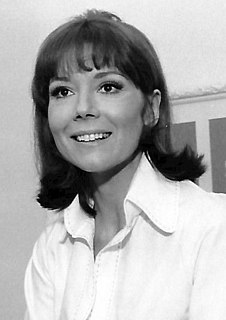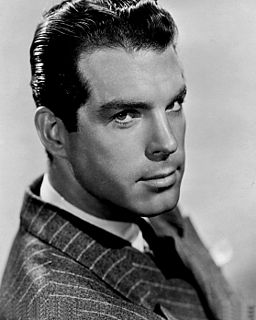A Quote by David Cameron
Let me completely condemn these sickening scenes; scenes of looting, scenes of vandalism, scenes of thieving, scenes of people attacking police, of people even attacking firefighters. This is criminality pure and simple and it has to be confronted.
Quote Topics
Related Quotes
Both as a filmmaker and as a fan I love the behind-the-scenes stuff, I like it even more than deleted scenes frankly. Especially when you're happy with the movie and you're proud of it, those deleted scenes give you also a sense of the making of the film and the process through which you end up with the final product.
When I was on 'The Golden Girls,' we'd have eight scenes per show. And when 'Seinfeld' came along, they went to, like, 30 scenes a show, which was revolutionary. 'Arrested Development' has probably got 60 scenes per show. It just keeps emerging as this more and more complex thing. I always try to keep it very simple at its heart.
I have a graduate degree from Penn State. I studied at Penn State under a noted Hemingway scholar, Philip Young. I had an interest in thrillers, and it occurred to me that Hemingway wrote many action scenes: the war scenes in 'A Farewell to Arms' and 'For Whom the Bell Tolls' come to mind. But the scenes don't feel pulpy.

